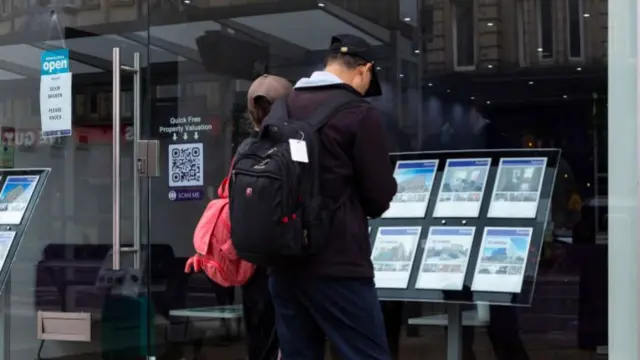It's goodbye from us...published at 19:23 BST 26 September 2022
We're going to leave our coverage of the financial markets here for the night.
As ever, you can read more on our home page, and you'll find analysis and plenty of articles explaining what's going on with the economy on our business pages.
Today's writers were Sam Hancock, Jen Meierhans, Adam Durbin, Emily McGarvey, Katie Thompson and Alys Davies.







